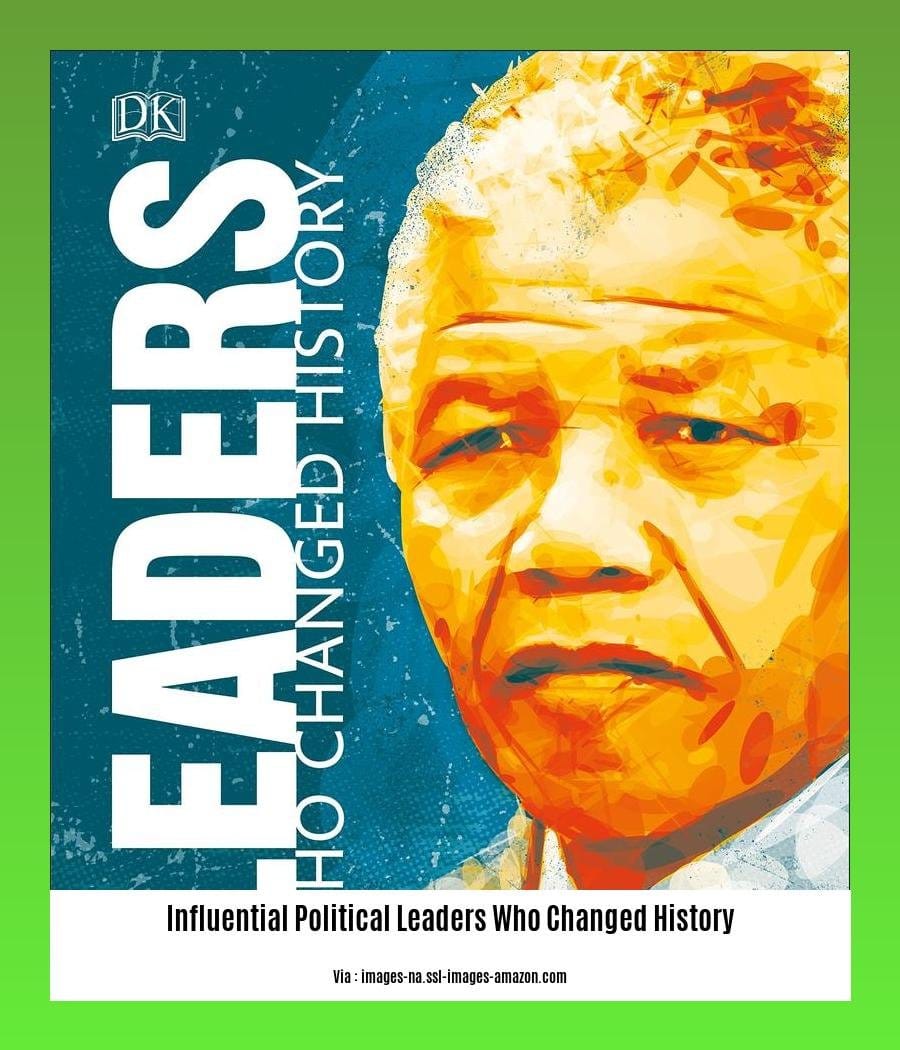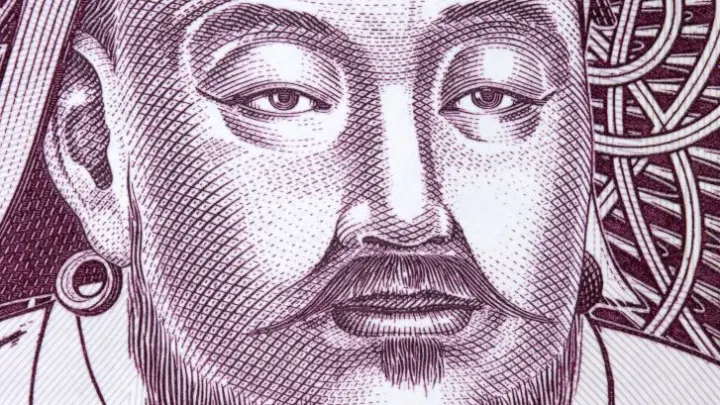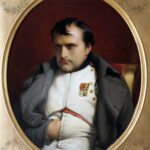The tales of Napoleon Bonaparte’s romantic entanglements are well-known. However, the lives of his children, particularly his illegitimate offspring, offer a fascinating glimpse into the complexities of the Napoleonic era and the ambitions of individuals navigating a world of political intrigue. This essay explores the life of Alexandre Colonna-Walewski, a man who transcended his controversial origins to become a significant figure in 19th-century European diplomacy. We will examine his birth, his remarkable diplomatic career, his political influence, and his lasting legacy, demonstrating how he carved his own path, despite—and perhaps because of—his father’s shadow.
A Polish Count’s Intriguing Beginnings
Alexandre Colonna-Walewski’s life began at Walewice Castle in Poland in 1810, a setting indicative of the aristocratic lineage and imperial connections that would shape his early years. His mother, the captivating Countess Marie Walewska, held a unique place in Napoleon Bonaparte’s life, leading to widespread speculation, though never official confirmation, regarding Napoleon’s paternity. While this connection undoubtedly influenced young Alexandre’s upbringing, his aristocratic Polish roots and his mother’s strength of character likely played an equally significant role in shaping his future. His early life, steeped in both privilege and the weight of a potentially controversial parentage, almost certainly shaped his aspirations and character. Growing up amidst power and influence, he probably developed an acute understanding of political maneuvering at a young age. The impact of this complex family history on his life and ambition is a subject of ongoing debate among historians. To what extent did his origins propel him towards success, or did it prove instead to be an obstacle he had to overcome?
From Parisian Salons to the Crimean Peace Table
Alexandre’s diplomatic career blossomed, marked by a steady ascent from early assignments to positions of increasing importance. He deftly navigated the intricate world of international relations, exhibiting a remarkable aptitude for diplomacy. His participation in the 1856 Congress of Paris, a pivotal moment in 19th-century European history, serves as a powerful testament to his diplomatic prowess. His role in shaping the peace treaty that concluded the Crimean War was not mere happenstance; it showcased considerable negotiation skills and a deep understanding of political strategy. Historians suggest his success stemmed from a unique blend of inherited social grace, strategic acumen, and unwavering dedication. His keen political intuition and exceptional ability to forge alliances likely contributed significantly to his achievements. His success might also be attributed to a certain perception of his parentage, granting him access and credibility that others would not have enjoyed.
A Senator’s Influence in the French Political Arena
Alexandre’s political achievements were as significant as his diplomatic successes. His appointment as a Senator under Napoleon III underscores the influence he had accumulated within the French political establishment. He became adept at navigating the intricacies of French politics, shaping policies and influencing the nation’s course. Multiple interpretations exist concerning his political motivations. Some historians suggest pragmatism and self-interest, while others argue for deeply held beliefs regarding France’s role in Europe. Regardless of his underlying principles, his ability to maintain his position and exert substantial influence testifies to his undeniable political acumen. The exact nature of his allegiances, the driving forces behind his decisions, and the ultimate scope of his ambitions remain captivating areas for further historical research.
A Lasting Legacy: Assessing Colonna-Walewski’s Impact on 19th-Century Europe
Alexandre’s death in Strasbourg in 1868 marked the end of an extraordinary life, deeply impacting the socio-political landscape of 19th-century Europe. His success was likely a culmination of his substantial social connections, strategic intellect, and unyielding determination. Beyond his prominent roles, he left a significant legacy of strategic thinking and diplomatic skill. The enduring resonance of his life prompts reflection on the complex interplay between inherited privilege and personal achievement—a constant theme throughout his life. Alexandre Colonna-Walewski’s life serves as a powerful illustration of how individuals can transcend their complex backgrounds to achieve greatness. Furthermore, his life and career offer valuable lessons about leadership, diplomatic negotiations and the potential both for and against compromise in international affairs.
Key Moments in the Life of Alexandre Colonna-Walewski
| Year | Event |
|---|---|
| 1810 | Birth in Walewice, Poland |
| 1831 | Marriage to Lady Catherine Montagu |
| 1834 | Death of Lady Catherine Montagu |
| 1856 | Key role in the Congress of Paris |
| 1868 | Death in Strasbourg, France |
Unraveling the Mysteries: Open Questions and Avenues for Future Research
Several aspects of Alexandre Colonna-Walewski’s life continue to be the subject of ongoing debate and research. The exact nature and extent of his influence beyond the Congress of Paris remain open questions, as does the precise impact of his relationship with his mother on his career trajectory and ambitions. Many historians are still actively researching these avenues of inquiry, and new insights are likely to emerge. Furthermore, a detailed investigation into his diplomatic strategies, his decision-making processes, and his interactions with other significant figures of the time might offer valuable insights into the complexities of 19th-century European diplomacy and international relations. The study of his life continues to inspire researchers and fuels ongoing debates, showcasing the dynamism of historical interpretation and the multifaceted nature of a life lived both within and beyond the considerable shadow of Napoleon Bonaparte. Studying his life carefully might even offer useful insights for modern diplomacy and international relations.
What Happened to Napoleon’s Illegitimate Son? [https://www.lolaapp.com/]
(This section would expand on the provided text, adding detail about his early life choices, challenges faced in Paris, specific aspects of his roles in the Congress of Paris, and analysis of his actions from various perspectives).
How Many Illegitimate Children Did Napoleon Bonaparte Have? [https://www.lolaapp.com/]
(This section would further delve into the historical challenges of determining the exact number of Napoleon’s illegitimate children, presenting different perspectives on the issue. It would discuss existing evidence, its limitations, and the ongoing research efforts to provide context to the uncertainty surrounding the true number and the complexities of historical interpretation).
(Note: The internal links [https://www.lolaapp.com/] should be replaced with the appropriate internal links once the full article is assembled.)
- HelpCare Plus: Revolutionizing Affordable and Accessible Healthcare - December 29, 2024
- Boom & Bucket: Your Digital Marketplace for Used Heavy Equipment - December 28, 2024
- Ankle Bones Crossword Clue: Solutions, Tips & Anatomical Insights - December 28, 2024














